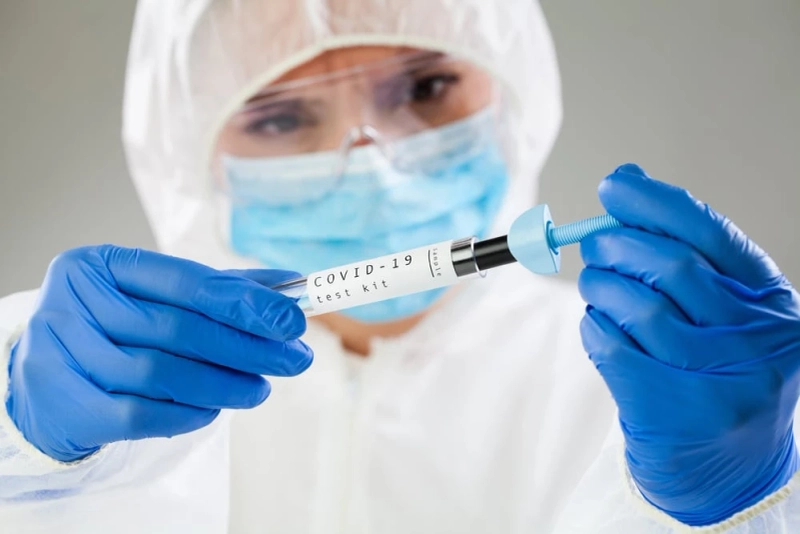The job of a medical laboratory technician is to analyze patient specimens to determine a range of clinical tests. A clinical lab scientist is responsible for interpreting and reporting the results. A laboratory technician, also known as a medical technician, is trained in many disciplines of medicine.
A Medical Technologist is highly trained and has extensive experience in their specialty. These professionals also undergo advanced training and education in their specific fields of expertise. For example, they may specialize in blood transfusion or analyzing chemical content in bodily fluids. A Medical Lab Technician is not involved in the diagnosis process but prepares specimens and performs tests.
Both MLTs and MLSs are licensed by different bodies and must have an associate's degree. To become a certified medical lab technician, you should complete a post-secondary certification program accredited by the National Accrediting Agency for Clinical Laboratory Scientists. Though not required in all states, certification is preferred by many employers. The technician and the MLS must pass a national exam to obtain the certification.
Specialize in Blood Transfusion
While the two jobs are similar, they have slightly different responsibilities. Medical Technologists are highly trained and hold higher positions and responsibilities. Their job duties involve conducting and interpreting complex tests, while Medical Lab Technicians are responsible for analyzing samples and performing simple tasks. As a medical laboratory technician, you will perform tests and analyze samples of the body. A graduate of an accredited program will typically have more advanced knowledge in their field.
In addition to being certified, a medical laboratory technologist is a highly skilled and trained professional who analyzes and reports the results of various tests in human bodies. They also have more education and training and are more likely to perform more complicated tests, including testing for bacteria and parasites. They are also the ones who supervise lab technicians. But the main difference between a lab technician and a clinical technologist is the job description.
A Medical Lab Technologist performs complicated tests on patients' blood samples. Their primary responsibility is to evaluate the blood cells. They must analyze the fluids and identify the morphology of the patient's blood. While the two roles are similar, there are some major differences. A clinical laboratory technologist has more advanced training and responsibility and conducts more complicated tests.
Highly Skilled And Professional
A medical lab technician must be well-educated to become a medical technologist. However, a clinical lab technician typically completes an associate's degree program in clinical laboratory science. In such a program, the student will learn about the basic theoretical aspects of the major disciplines in the medical laboratory. They should also take classes in biology, chemistry, and math.
A medical laboratory technician typically completes an associate's degree program in clinical laboratory science. There are also certificate programs for medical laboratory technicians. These programs address the theoretical and practical aspects of major laboratory disciplines. A high school student interested in a career in this field should take biology, chemistry, and math courses. Depending on the specialty, some states require that all laboratory technicians be certified.
A medical lab technician and medical technologists are similar in many ways. A medical lab technologist has more experience and education, while a medical technician is primarily responsible for collecting and processing specimens. Both professionals perform similar functions, but the latter has more advanced skills. Regardless of their degree level, both positions require a strong background in science, especially mathematics and science.



